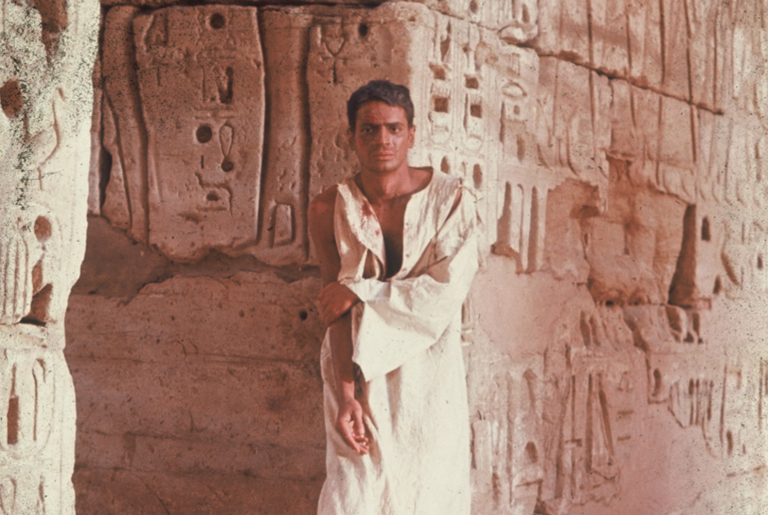The 1960s marked a defining chapter in Egyptian cinema — a decade when storytelling deepened, visual style matured, and the country’s filmmakers confronted a rapidly changing society head-on.
Directors like Salah Abouseif, Kamal El Sheikh, Hussein Kamal, and Shadi Abdel Salam built on the foundation of realism while pushing the medium toward psychological depth.
Across this era, Egyptian cinema found its voice not through spectacle, but through stories that reflected an entire nation’s internal transformation.
Bedaya wa Nehaya (1960, dir. Salah Abouseif)
This film kicks off the list by setting a tone of social realism seldom seen in earlier Egyptian cinema. Based on a novel by Naguib Mahfouz, it charts the collapse of a family after the patriarch’s death, the aspirations and desperation of his sons, and the tragic path of his daughter.
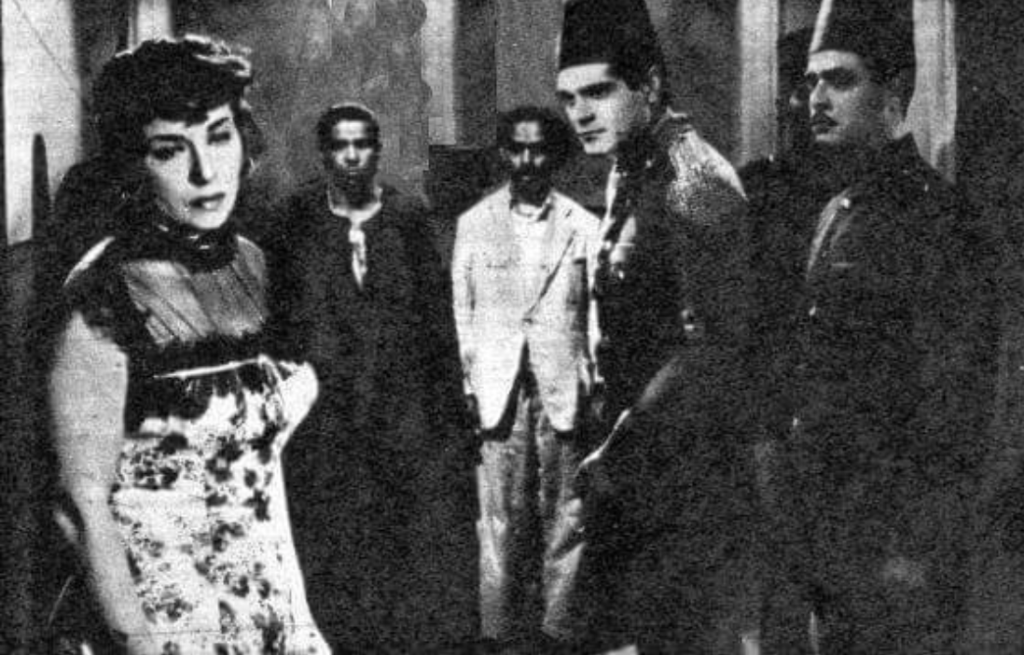
Al Les Wal Kelab (1962, dir. Kamal El Sheikh)
Adapted from Naguib Mahfouz’s novel Al Les wal Kelab, this psychological thriller follows Said Mahran, an ex-convict betrayed by those closest to him, as he seeks revenge in a modern Cairo filled with moral decay and alienation.
Kamal El Sheikh’s direction makes brilliant use of noir elements — shadows, reflections, and fragmented time — to mirror Said’s fractured psyche.
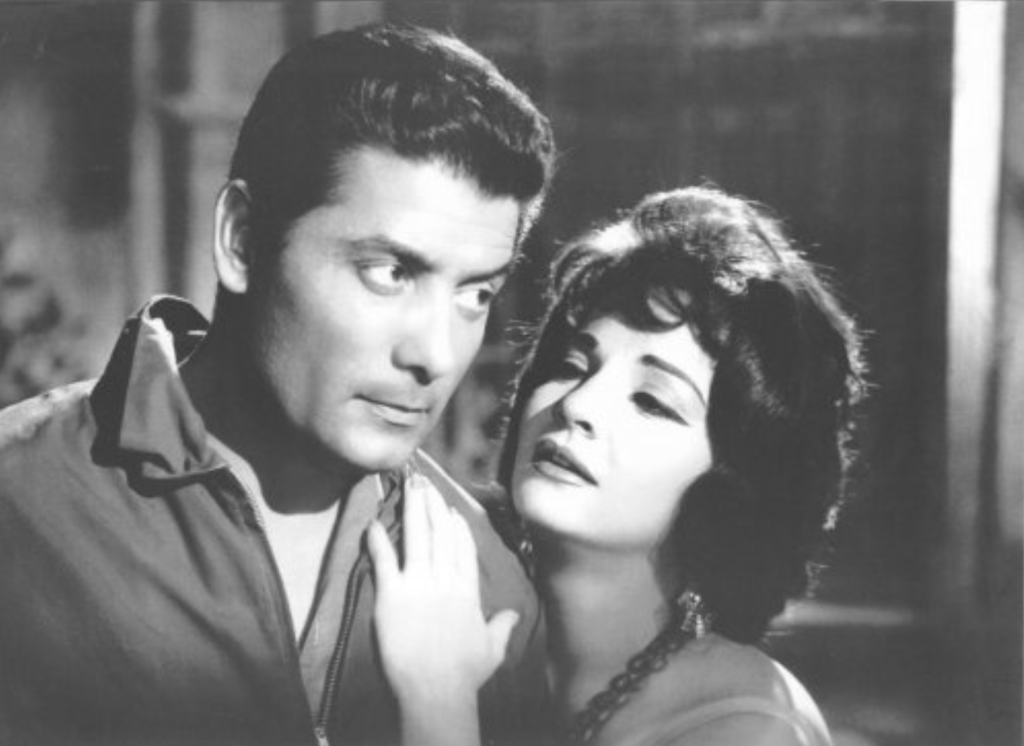
Al Nasser Salahuddin (1963, dir. Youssef Chahine)
This historical epic dramatizes the legendary Muslim leader’s battles against the Crusaders, but beneath its medieval armor lies a striking allegory of Arab unity and anti-colonial struggle.
Chahine’s sweeping direction, grand set pieces, and humanist undertones make it a visual spectacle of Egypt’s aspirations in the 1960s.
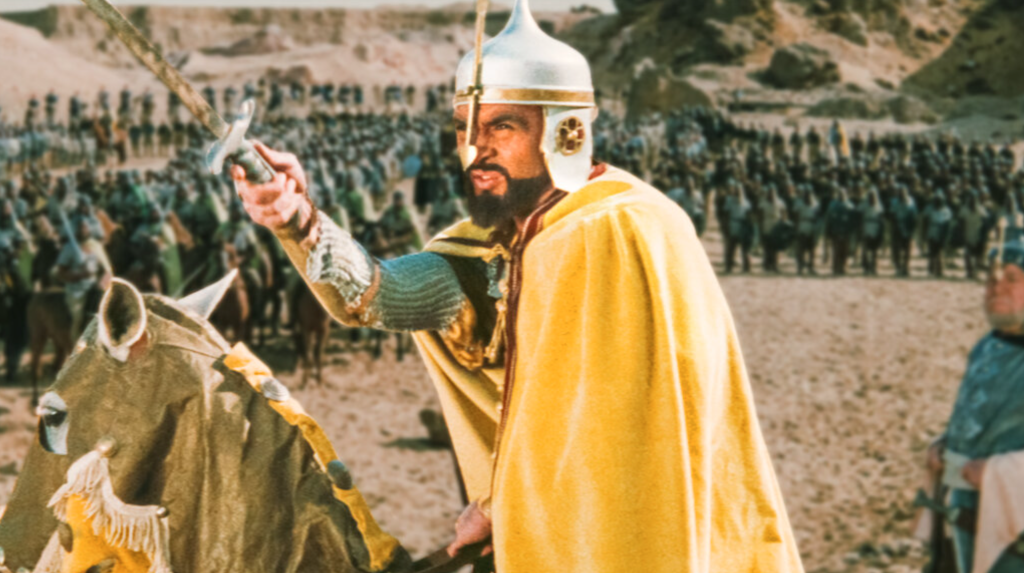
Al Haram (1965, dir. Henry Barakat)
Here we have a darker, more uncompromising film. Al Haram tells a powerful story of a peasant woman who becomes a victim of violence, conceals her trauma, and ultimately suffers a tragic fate. It is widely regarded as one of the most potent films of Egyptian cinema’s golden age.
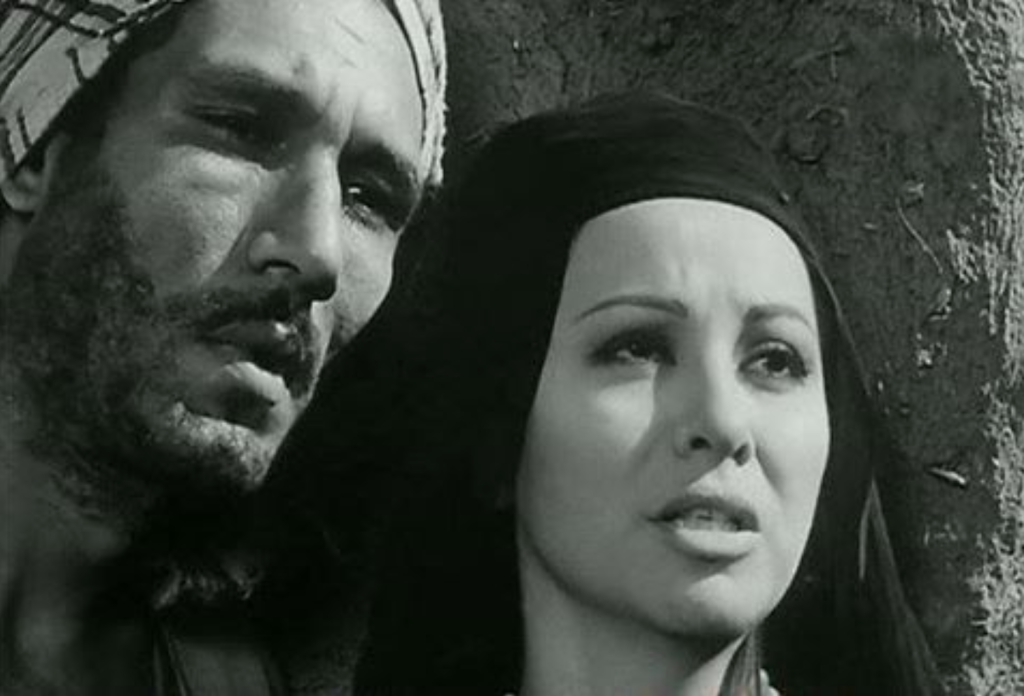
Al Qahera 30 (1966, dir. Salah Abu Seif)
Based again on a novel by Naguib Mahfouz, this film places its story of ambition, corruption, and compromise in the slums of 1930s Cairo — yet the themes resonate with the Egypt of the 1960s. The protagonist’s migration from Upper Egypt to Cairo, his moral descent, and the depiction of an urban labyrinth make this film emblematic of cinema that engages with modernity, inequality, and survival.
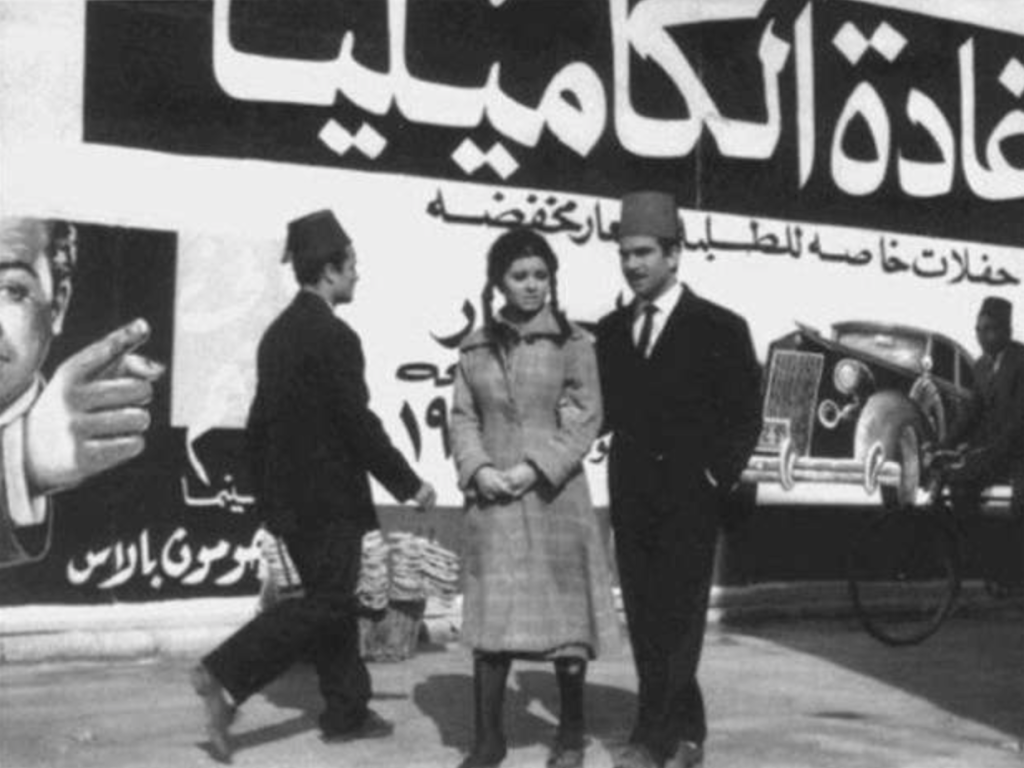
Al Zoga Al Thanya (1967, dir. Salah Abouseif)
Shifting away from purely heavy drama, this film also delves into satire and comedy while retaining a sharp social edge. Adapted from a play by Tawfiq al-Hakim, it features a wealthy aristocrat who loses his status and must confront how idle hands, privileges, and a changing Egypt intersect. Its significance comes from capturing a transitional moment in Egyptian society — when old elite structures met modern realities, and cinema began to reflect that tension.
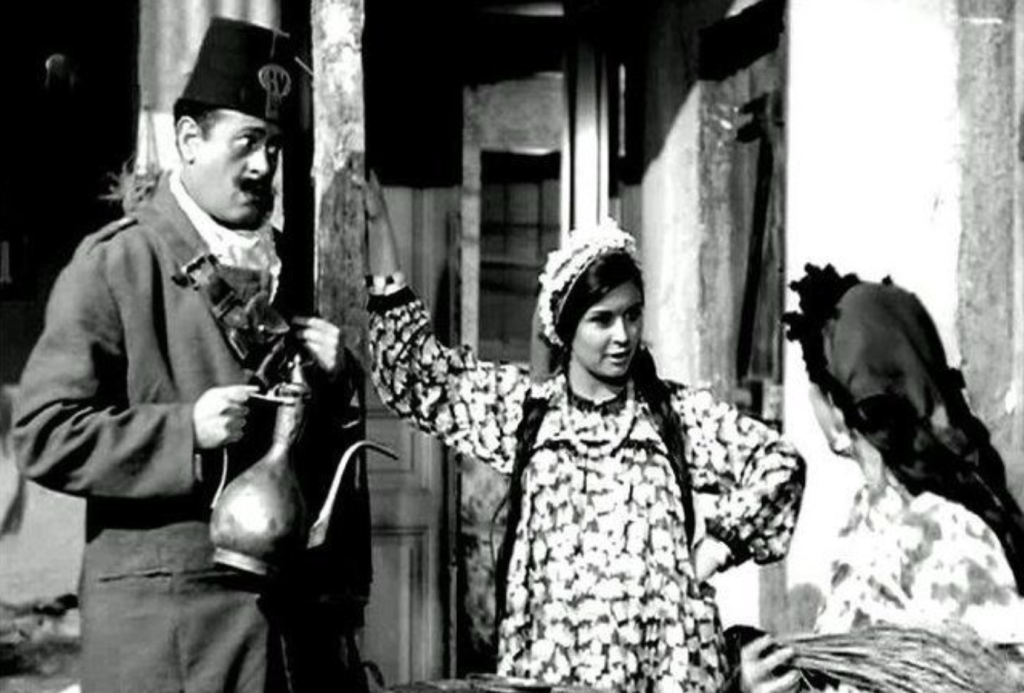
Miramar (1969, dir. Kamal El Sheikh)
Adapted from Naguib Mahfouz’s celebrated novel, Miramar unfolds in a once-elegant Alexandria pension that brings together a group of characters from different social and political backgrounds. Through their interactions and conflicts over a young servant girl, the film mirrors Egypt’s post-revolution disillusionment and the clash of ideologies that marked the 1960s.
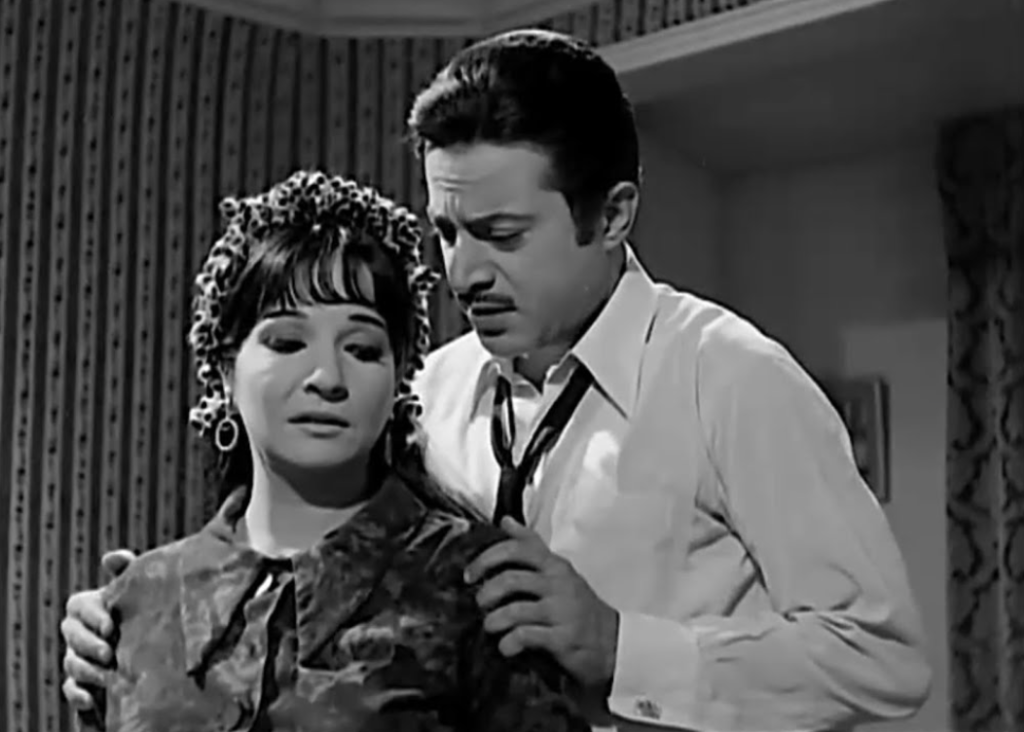
Al Bostagy (1968, dir. Hussein Kamal)
This film is a subtle psychological and social study set in a remote desert village. Through the eyes of a postman who becomes obsessed with reading others’ letters, the story explores themes of isolation, repression, and moral decay.
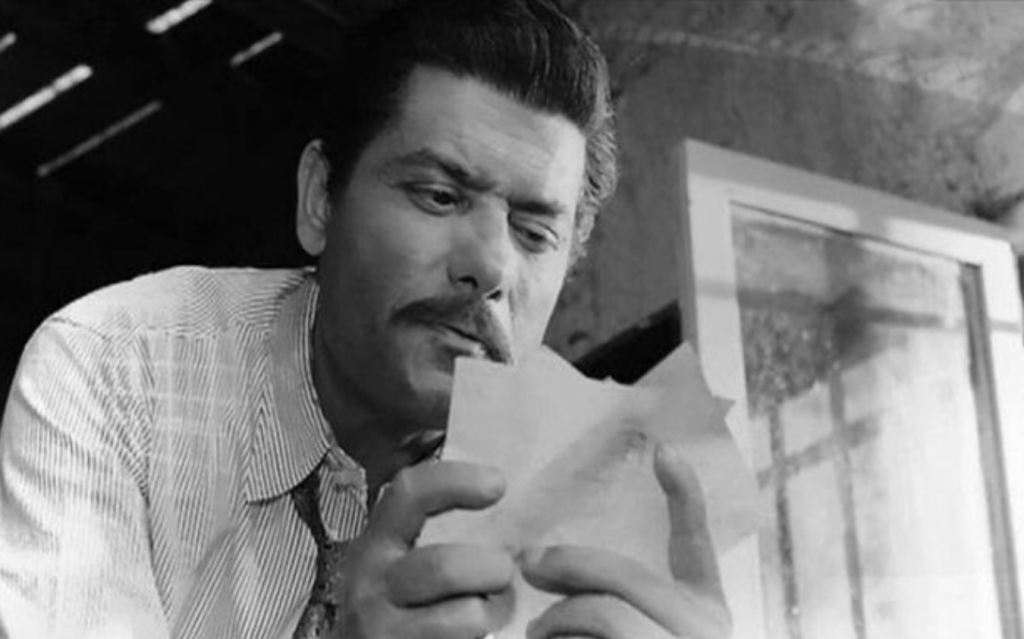
Shey Min El Khouf (1969, dir. Hussein Kamal)
Shey Min El Khouf is a chilling political allegory starring Shadia in one of her most powerful dramatic roles. Set in a fictional Egyptian village ruled by a tyrant named Atris, the film explores fear as both a personal and collective condition.
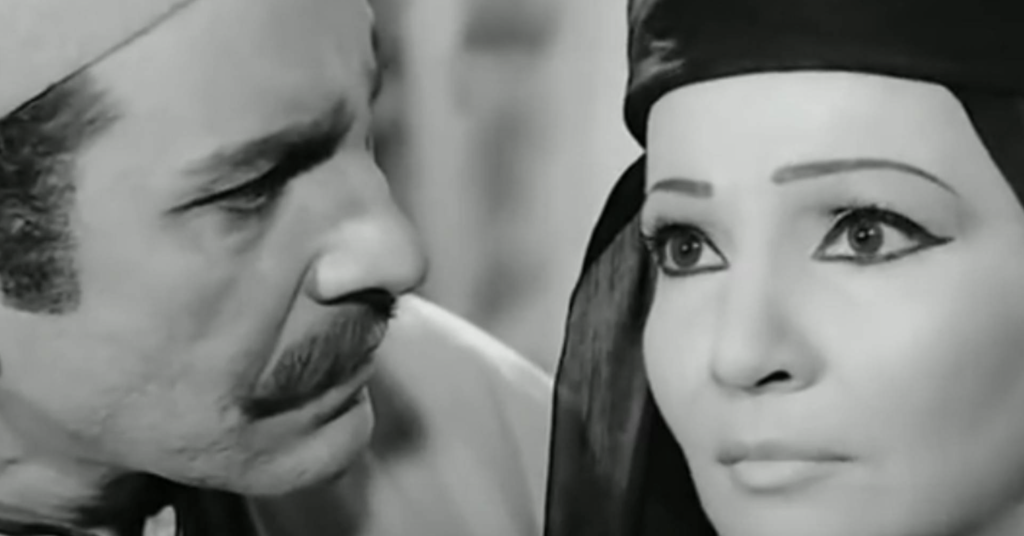
Al-Mummia (1969, dir. Shadi Abdel Salam)
Al-Mummia, or The Night of Counting the Years, is one of the most visually and philosophically refined films in Arab cinema. Set in 1881, it tells the story of a young man who discovers that his tribe has been robbing ancient tombs. Shot in monumental compositions with a haunting stillness, the film examines identity, heritage, and moral awakening.
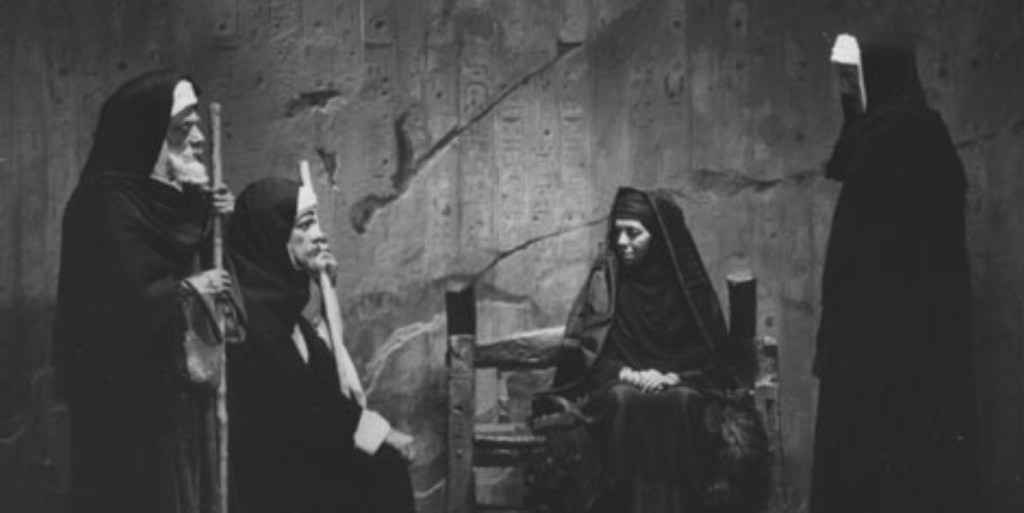
WE ALSO SAID THIS: Don’t Miss… Cairo’s Zawya Heads to New York With Youssef Chahine’s Restored Classics


